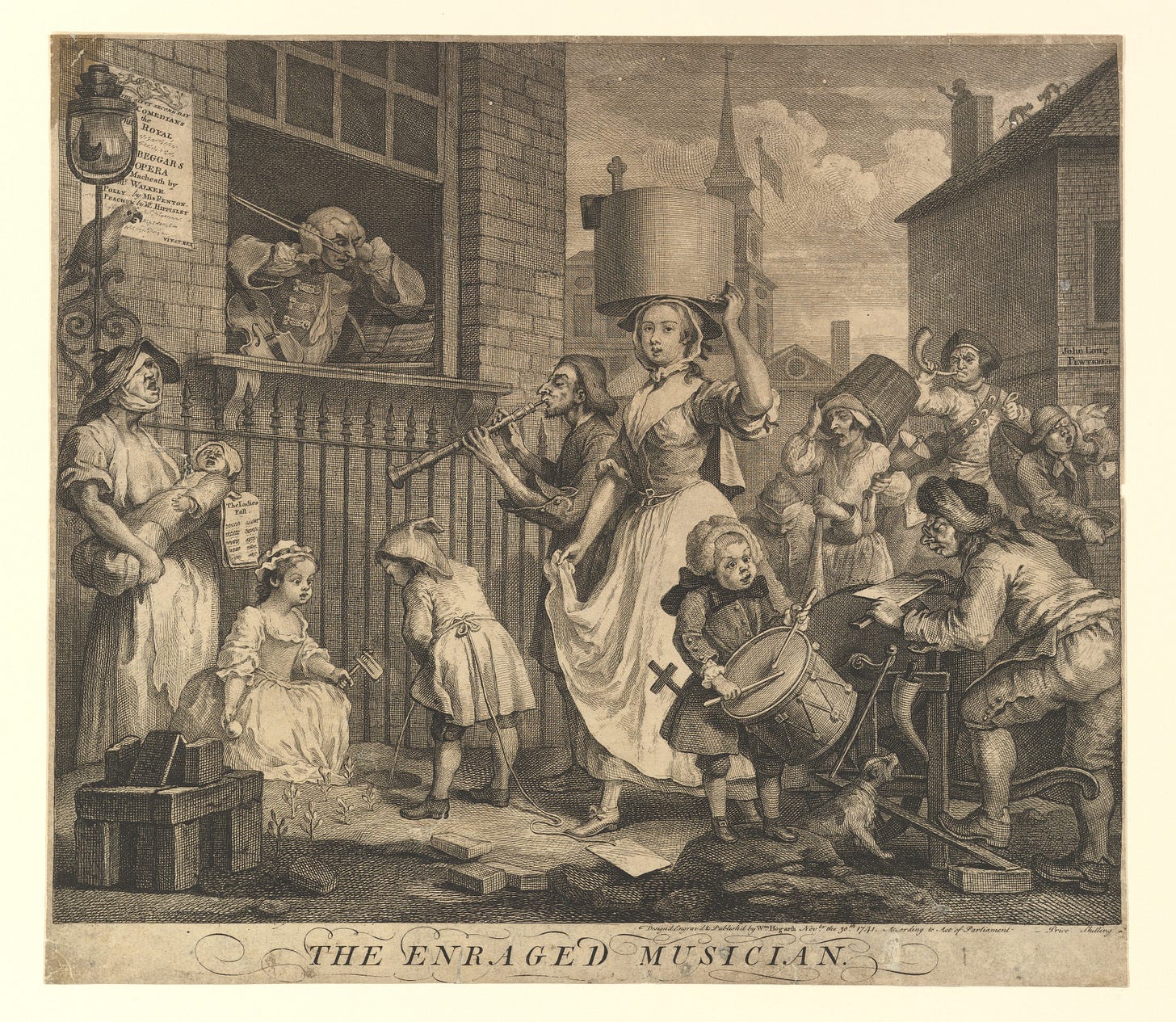"For me, British landscape painting of the later 18th and 19th century is the high point of British visual art"
Interview: Dr Bendor Grosvenor on his new book, The Invention of British Art
Dr Bendor Grosvenor is an art historian specialising in Old Masters and British art. He has discovered a number of important paintings by the likes of Rubens, Van Dyck, Titian, Beale, Ramsay, Lawrence and Reynolds. British audiences will know him from BBC shows such as 'Britain's Lost Masterpieces' and ‘Fake or Fortune?’. His new book, The Invention of British Art, is out now.
What first inspired your interest in art?
I always studied history, not art history, at school and university. But I would always want to study the portraits of the historical figures I was interested in, so the first museum I really got to know was the National Portrait Gallery in London, and then things went from there. I owe the NPG a great deal.
Your book spans an enormous history. How did you go about selecting the artists and works to include?
Yes, it spans about 12,000 years. Foolishly ambitious. But nobody had ever stood back and tried to look at (forgive the cliche) the bigger picture before, so I thought it worth trying. As for choosing specific artists, I wanted to choose those I could focus on in some detail, yet who at the same time represented the larger themes in the story. A challenge for anyone writing a survey book is to avoid trying to squeeze in everything and everyone, at the expense of losing sight of the wider narrative, or (and this is really just as important) your reader.
Do you have a favourite British work or artist?
For sheer ability to paint, Thomas Lawrence. For the still-funny jokes, William Hogarth. For spellbinding originality and depth, Joseph Wright of Derby - in particular the Airpump.
What is distinct about British art?
That distinctiveness takes many forms. For me, British landscape painting of the later 18th and 19th century is the high point of British visual art, and represents a rare moment when we export artistic ideals and techniques, rather than import them. But I think ultimately British art best finds its distinctiveness when it responds to the challenges which, at various points in the story, threaten to destroy it. These include the Black Death, the Reformation (especially) and the Civil War.
What is the most common misconception you encounter when it comes to the history of art in Britain?
I was surprised by this: it's not an art historical misconception, but a broader historical one. We tend to think in terms of how history has shaped our art, but we have lost sight of the way art has shaped our history. By that I don't mean specific artworks, but the idea of art, and how we use it. For example, once you put art back into the story of the Civil War, it begins to look less like the fight for democracy we are (sorry, were) taught about in school, and more like the culture wars we're experiencing today.
How prominent are women in the story of British art?
Women play an important and often overlooked role throughout the story, both in terms of making and commissioning art. I was glad to be able to highlight Mabel of Bury St Edmunds in the story of English medieval embroidery, for example. And yet some of the setbacks which affect the early story of art in Britain disproportionately affect the fortunes of women within it. One of the first professional female oil portraitists, Joan Carlile, who set up a studio in Covent Garden during the Interregnum, seems to have had her career curtailed because of the common misogyny of the time. For although she more or less invented a new genre in British art, the conversation piece, and had over twenty known commissions from female sitters, it appears the men just would not sit to her. She was obliged to give up the studio after only a few years.
What’s the best advice you have ever been given?
I've been lucky enough to get lots of good advice in life. But since this is a history newsletter... I remember asking the late Martin Gilbert what made Churchill such a readable historian; he said, 'an eye for the telling document, and a sense of humour'.
What’s the last great history book you read?
I just finished The Genius of Shakespeare, by Sir Jonathan Bate. A brilliant combination of historical research, literary analysis, and good old fashioned detective work.
If you could travel back in time for 24 hours, where and when would you go and why?
What a question! Assuming one could only observe, rather than intervene, I think I'd choose a day in late Elizabethan London, just to walk the streets, and catch Shakespeare's company playing Richard II at the Globe. '...let us sit upon the ground, And tell sad stories of the death of kings...'






